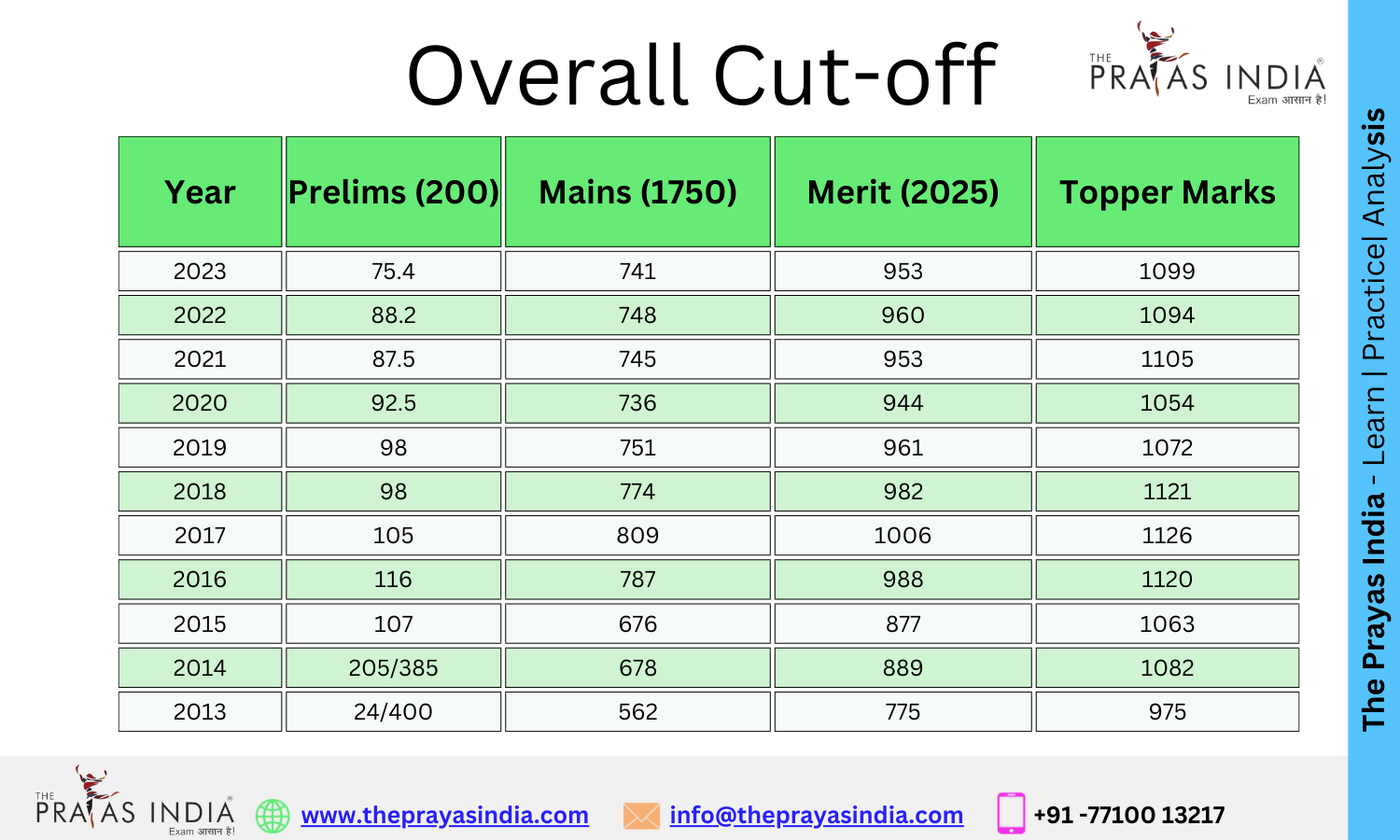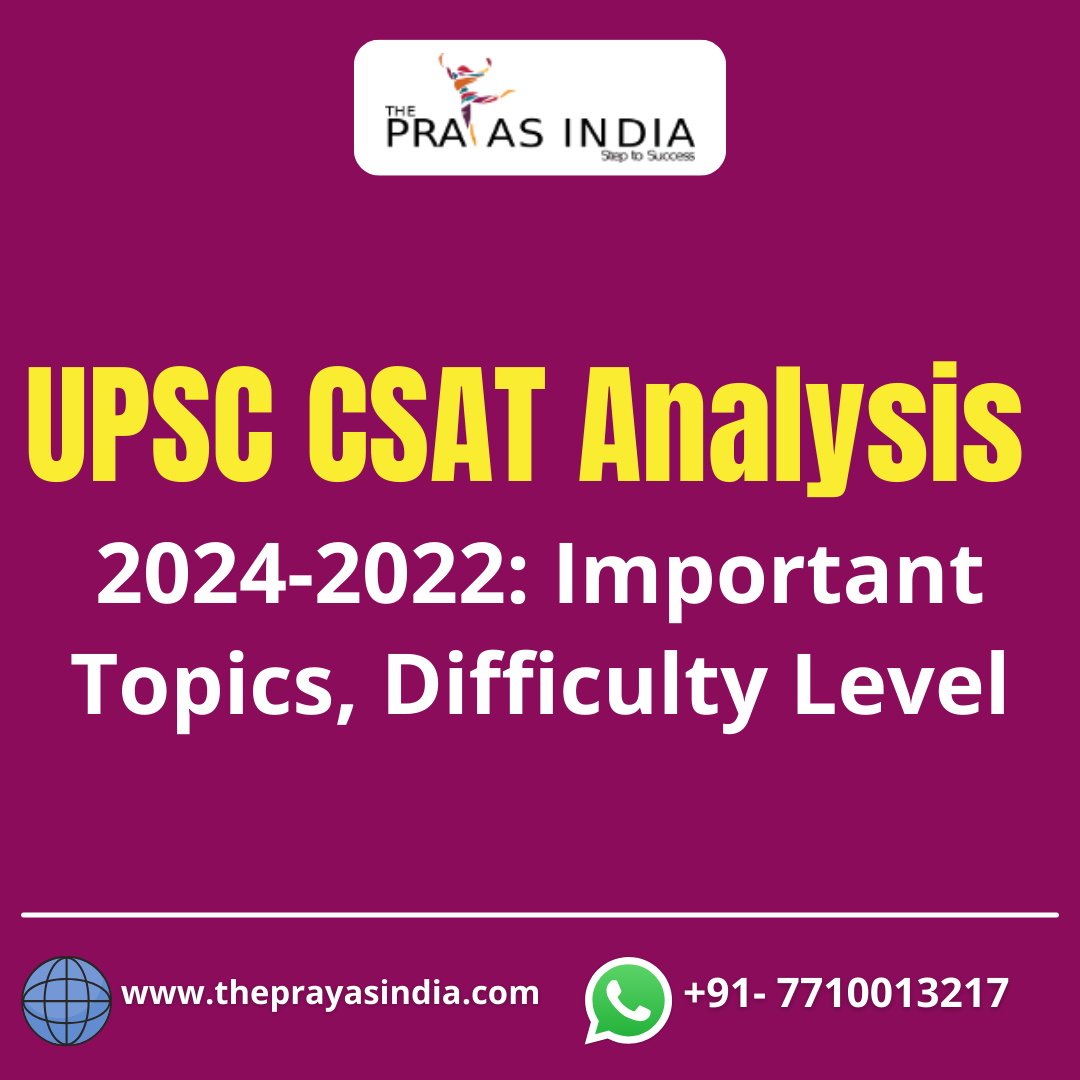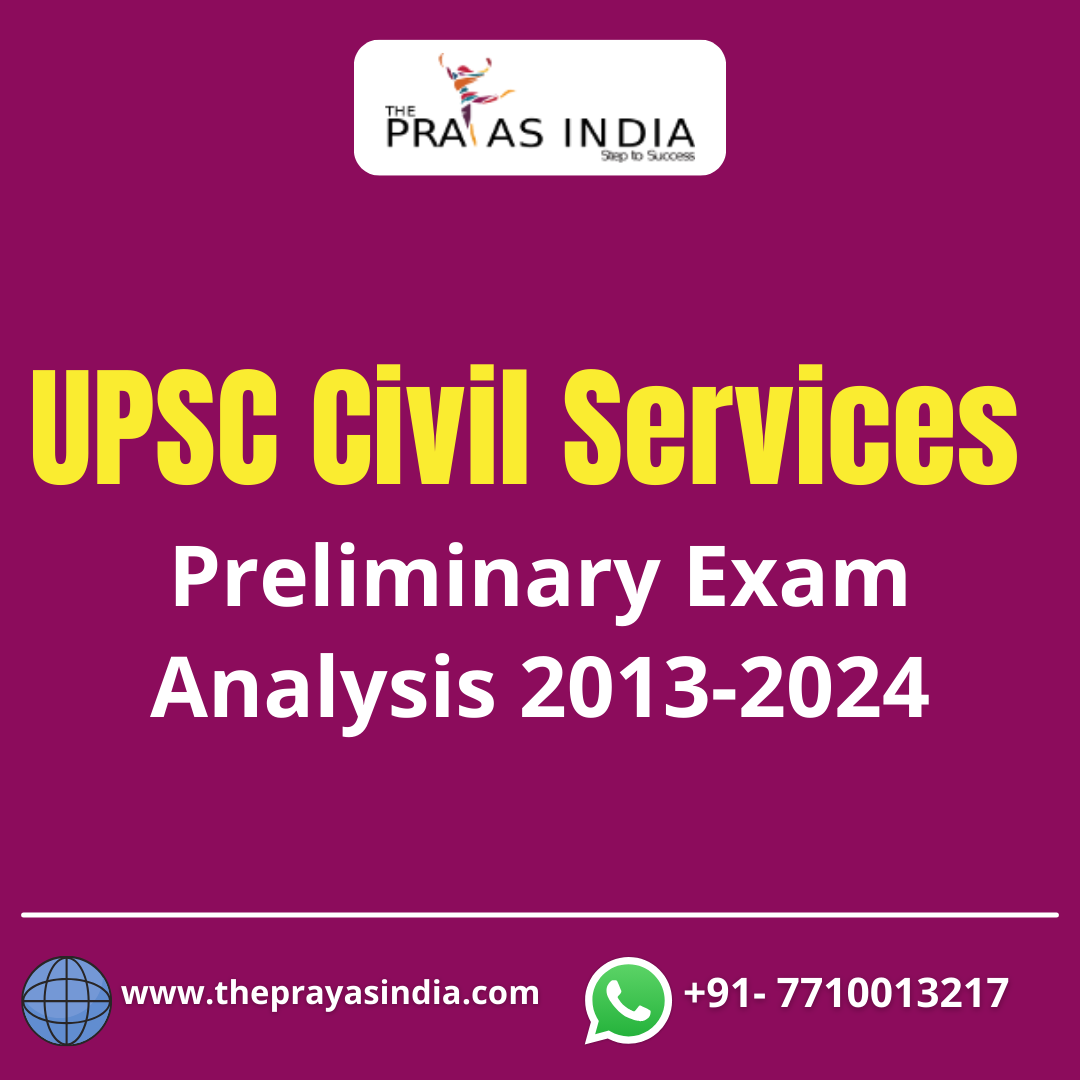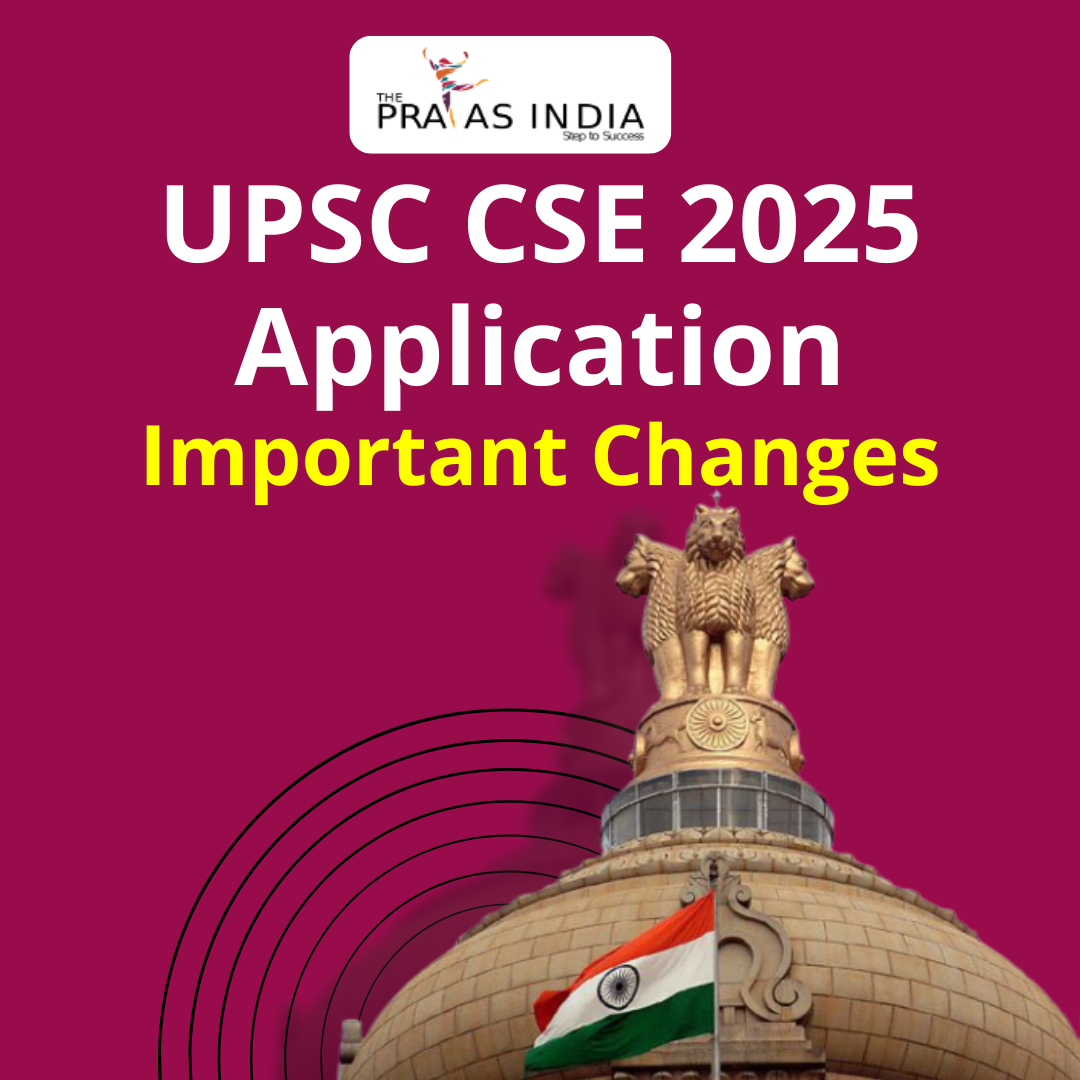Official Language
An official language is one that has been granted special status by a country, state, or other entity. Typically, the word “official language” refers to the language used by a government for example court, legislature, and/or administration. The UPSC Indian Polity and Governance Syllabus include the Official Language which is discussed in this article.
Article 343 of the Indian Constitution states The official language of the Union shall be Hindi in Devanagari script. Also according to Article 345, the legislature of a state may adopt any one or more of the state’s official languages, including Hindi, like the language or languages to be used for all or some of the state’s official purposes.
Official Language – Constitutional Provisions
- The Indian Constitution gives Hindi (in Devanagari Script) as the official language of the union.
- The Constitution states that, till January 25,1965, English shall continue to be used for all official purposes of the Union. This is mainly because complete replacement by Hindi was not expected within the short time. Thus, English along with Hindi became an associate official language.
- Article 343(1) of our constitution specifically provided;
- Hindi in Devanagari script shall be the official language of the Union.
- For official purposes, the international form of Indian numerals shall be used.”
- In the eighth schedule of the Indian constitution there are 22 languages that have been recognized (Originally 14 languages were mentioned).
The Schedules Languages
Articles 344(1) and 351 of the Constitution (the eighth schedule) provided the following 22 languages as the official:
| Assamese | Meitei (Manipuri) |
| Bengali | Marathi |
| Bodo | Nepali |
| Dogri | Udiya |
| Gujarati | Punjabi |
| Hindi | Sanskrit |
| Kannada | Santhali |
| Kashmiri | Sindhi |
| Konkani | Tamil |
| Maithili | Telugu |
| Malayalam | Urdu |
Extension of the language list
- 1950: Originally 14 languages were included in the Constitution.
- 1967: the Sindhi language added via 21st Constitutional Amendment Act.
- 1992: The 71st Constitutional Amendment Act provided Konkani, Manipuri (Meitei), and Nepali as official languages.
- 2003: Bodo, Dogri, Maithili, and Santali included via 92nd Constitutional Amendment Act.
- 2011: The word Oriya was changed to Odia by the 96th Constitutional Amendment Act.
Regional Languages
The Constitution does not provide for the official language of states. However, It says that :
- The legislature of a state may adopt any one or more of the languages belonging to the state or Hindi as the official language of that state. Until then, English will continue as the official language of that state.
- As a response to this the states have adopted the following regional languages as their official language:
- Andhra Pradesh – Telugu
- Meghalaya, Arunachal Pradesh and Nagaland – English
- Jammu and Kashmir – Urdu (and not Kashmiri)
- Goa – Marathi and Konkani
- Gujarat – Hindi and Gujarati
- Himachal Pradesh, Uttar Pradesh, Uttarakhand, Madhya Pradesh, Chhattisgarh, Bihar, Jharkhand, Haryana, and Rajasthan – Hindi.
- Odisha–Odia
- West Bengal–Bengali
- Assam–Assamese
- Kerala–Malayalam
- Note, There is no compulsion for the state to choose the language from the Eighth Schedule of the Constitution.
- For the time being, English would remain the communication language between the Union and the states or between various states.
- Any two or more states are free to agree to use Hindi (instead of English) for communication between themselves (Rajasthan, Uttar Pradesh, Madhya Pradesh and Bihar are communicating in Hindi among themselves).
- The Official Languages Act (1963) provides that English should be the communication language between the Union and the non-Hindi states.
- The act also provides that, The communication between Hindi and Non-Hindi states if done in Hindi then it must be accompanied by an English translation.
- If a demand is made to the president and he is satisfied that a substantial proportion of the population of a state wish to use any language spoken by them to be recognized by that state, then he may direct them to recognize that language as an official language of the state. The main objective here is to protect the linguistic interests of minorities in states.
The Language of judiciary and laws
The constitutional provisions:
- The parliament by law can provide for the language of the Supreme court’s proceedings and the language of the union laws.
- Currently, the language of SC proceedings is English only.
- As per the provisions of the Official Languages Act of 1963, the Hindi translation of acts, ordinances, orders, regulations and bye-laws published under the authority of the president must be considered as the authoritative texts.
- Also, any bill introduced in the Parliament must be accompanied by its Hindi translation.
- The act also provides for the Hindi translation of state acts or ordinances in specific cases.
- The governor of a state, by seeking the previous consent of the president, can authorize the use of Hindi or any other official language of the state, in the proceedings in the high court of the state
- However, it must be noted that with respect to the judgments, decrees, and orders of HC can be pronounced in English only (until Parliament does not provide otherwise).
- As per the act, the governor of a state, with the previous consent of the president, to authorize the use of Hindi or any other official language of the state for judgements, decrees and orders passed by the high court of the state along with English translation.
- The translation of any official language, wherever provided, must be done as per the prescriptions of the Authorised Translations (Central Laws) Act of 1973.
- A state legislature can provide the use of any language (other than English) with respect to bills, acts, ordinances, orders, rules, regulations or bye-laws, with a compulsory translation of the same in the English.
Recently in the News
Supreme Court tells Centre about Consideration of amending Official Languages Act 1963:
- The Supreme Court said the Central government should consider amending the Official Languages Act of 1963, for the inclusion of scheduled languages other than Hindi and English as official languages.
- Chief Justice of India (CJI), SA Bobde said that all the people in the country might not know either English or Hindi, and communication by the Central government in vernacular languages will help them.
- “There might be people in Karnataka, Nagaland or rural Maharashtra who might not know Hindi or English. Your government should consider amending the Official Languages Act,” – CJI Bobde
The Anti-Hindi agitations of Tamil Nadu:
- These agitations took place in the Indian state of Tamil Nadu (formerly Madras State) before and after the Independence periods. The agitations were marked with mass protests, riots, student and political movements in Tamil Nadu as a reaction to the imposition of Hindi as an official language.
- The first agitation happened in 1937, in opposition to the introduction of mandatory teaching of Hindi in the schools. This compulsory Hindi education was later abandoned by the British Governor of Madras Lord Erskine in February 1940.
- During 1946–50, again there were agitations against Hindi by the Dravidar Kazhagam (DK) and Periyar. This time also there were attempts made by the government to introduce Hindi as a compulsory language in schools.
- A solution was reached between the government and agitators. Finally, the government kept Hindi teaching optional in the schools. Also,, students are allowed to participate in other activities as optional to Hindi learning.
Conclusion
The language, in a diverse country like India, is a complex and controversial issue. One country’s one language is certainly not a practical solution with reference to issues like strengthening national integration. The makers of the constitution as well as our judiciary were aware of this fact. And hence, they brought a multilanguage formula. However, though a large section of the society adopted English and Hindi language, an equal large number of people don’t know these languages well. The recent opinion of SC in this regard certainly demands serious attention.


![Prayas-लक्ष्य [UPSC CSE Target] The Prayas India](https://theprayasindia.com/wp-content/uploads/2021/08/Prayas-लक्ष्य-UPSC-CSE-Target-The-Prayas-India-300x167.png)

![Prayas Pre-भेदश [UPSC CSE Prelims Test Series] The Prayas India](https://theprayasindia.com/wp-content/uploads/2021/08/Prayas-Pre-भेदश-UPSC-CSE-Prelims-Test-Series-The-Prayas-India-300x167.png)










